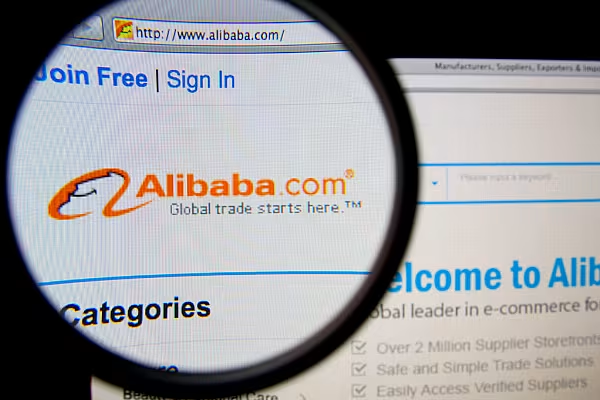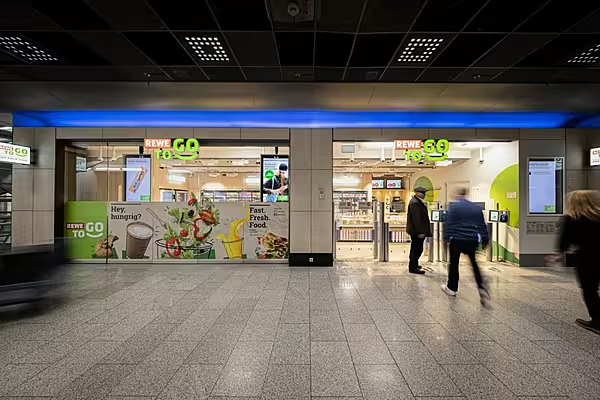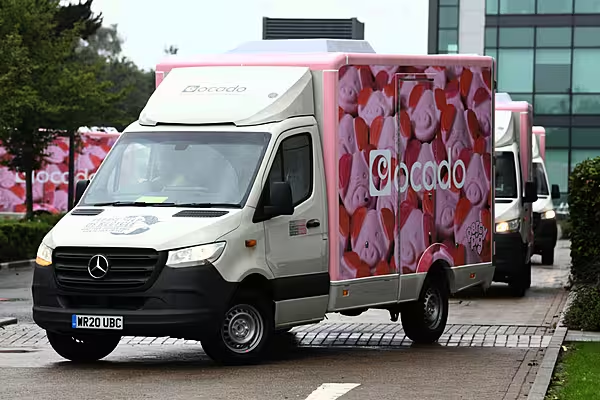Alibaba Group Holding Ltd. expects to surpass the record $14.3 billion in sales it made on Singles’ Day in 2015 by rolling out new activities like virtual fashion shows and augmented reality games to entice shoppers.
"The numbers will be big and they’ll be bigger than last year," Alibaba President Michael Evans told Bloomberg TV at the Vanity Fair New Establishment Summit in San Francisco. He said the numbers aren’t the company’s main focus. "If the social experience isn’t a great event for all the people who participate, then we haven’t really achieved what we want."
Singles’ Day, a twist on Valentine’s Day, started in the 1990s as an obscure holiday but has snowballed into a Chinese consumer phenomenon since Alibaba turned it into a one-day online sales extravaganza in 2009. The event is an example of how e-commerce companies can manufacture consumer demand through promotions, similar to Amazon.com Inc.’s "Prime Day."
Alibaba, China’s largest e-commerce company, takes that concept a step further, with a Super Bowl-like celebration that starts in the final hours of Nov. 10 and counts down to midnight. This year, celebrities will be taking the stage, including Katy Perry who serves as Alibaba’s "global ambassador."
Alibaba has a number of strategies to ensure the spike in sales during the first few seconds of Nov. 11. This year, it’s adding more activities to get products preloaded into consumers’ digital shopping carts. At midnight, those transactions are completed through the company’s Alipay payments service.
On Oct. 23 , Alibaba will live stream an eight-hour fashion show in Shanghai with 50 international brands, during which viewers can preorder clothes as models walk down the runway. Alibaba is also taking cues from the success of Pokemon Go, and will release an augmented reality mobile game two weeks before Singles’ Day. Consumers will follow a "Tmall Cat" mascot to merchants around China to earn discounts and prizes.
Investors closely watch the results of Singles’ Day and the event has attracted controversy. The U.S. Securities and Exchange Commission has been looking at data reported from the promotion last year, Alibaba said in its annual report in May. Vice Chairman Joseph Tsai has said the company is cooperating with the regulator, sharing facts in an investigation it had voluntarily disclosed.
The Hangzhou-based company has been pushing into rural regions and international markets, as well as investing in media and cloud computing to find new revenue sources. China’s economic growth is slowing, particularly in the rust-belt northeast, hurting the consumer demand that its online stores rely on. Evans said Alibaba continues to grow rapidly, since only parts of the economy are slowing.
"China’s not in a bubble," Evans said. "The services and consumption components of the economy are growing very rapidly."
News by Bloomberg, edited by ESM. To subscribe to ESM: The European Supermarket Magazine, click here.














